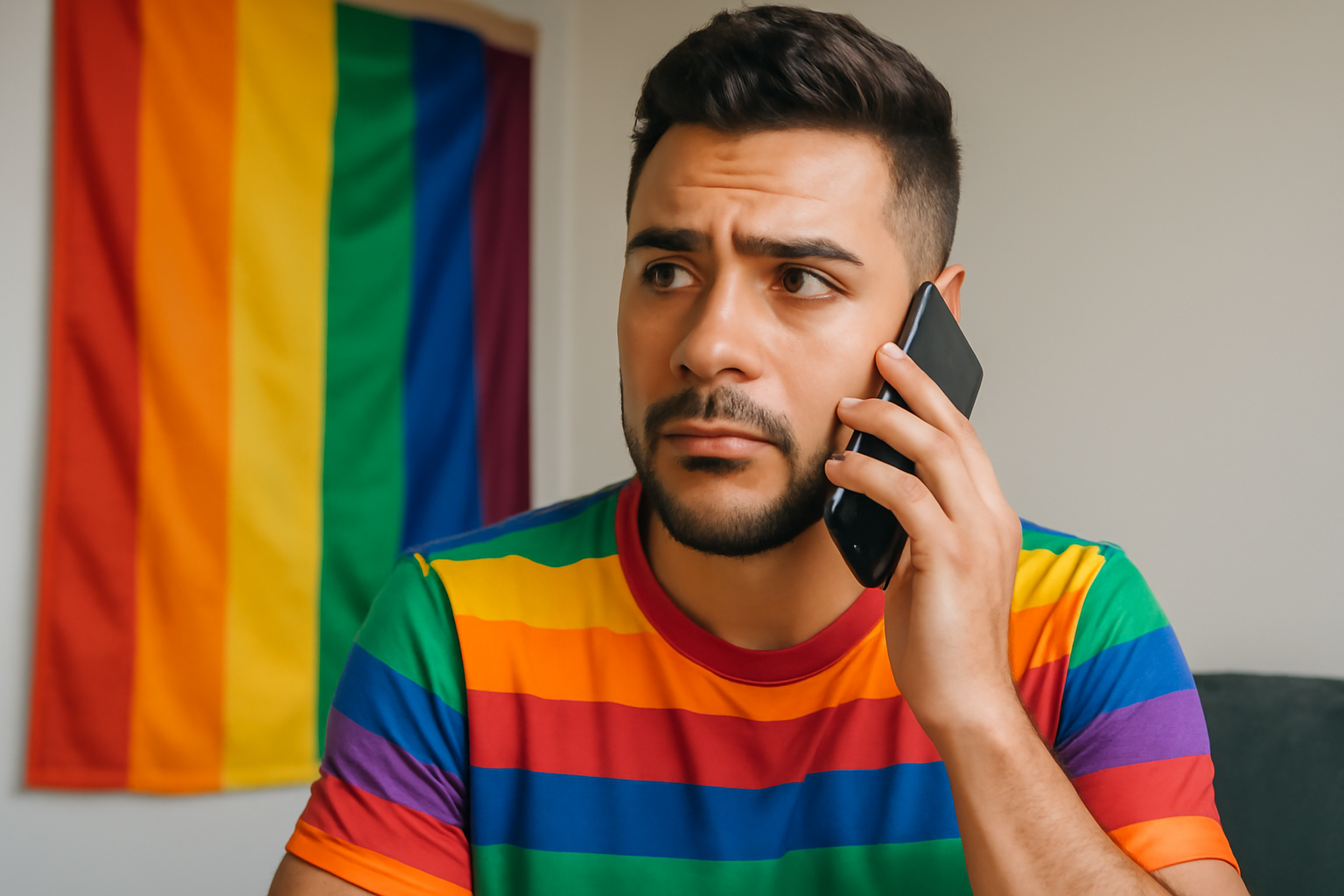
The inauguration of a new political leader often brings about a wave of changes that can affect many communities in various ways. For the LGBTQ+ community, political shifts can introduce both challenges and opportunities, with the former often having a profound impact on mental health and well-being. Recent reports indicate a significant rise in the number of calls to LGBTQ+ mental health crisis centers, as community members seek support and assistance in navigating these uncertain times.
Understanding the Rise in Mental Health Support Calls
Since the recent political transition, LGBTQ+ mental health crisis centers have reported a noticeable increase in the volume of calls. This surge highlights a growing need for mental health support among LGBTQ+ individuals, who may feel particularly vulnerable amidst changing political landscapes. The political climate can directly influence the mental health of LGBTQ+ individuals, especially when policy changes or political rhetoric threaten their rights and sense of security.
The fear of losing hard-won rights and protections can lead to heightened anxiety and stress. Many individuals are concerned about potential rollbacks on policies that safeguard their freedoms, such as marriage equality, anti-discrimination laws, and healthcare protections. These fears are not unfounded, as history has shown how quickly political tides can change, affecting real lives and livelihoods.
The Role of LGBTQ+ Crisis Centers
Crisis centers play a crucial role in providing immediate support and resources for those in distress. For many LGBTQ+ individuals, these centers offer a lifeline, especially when they feel isolated or marginalized. The counselors and volunteers are trained to understand the unique challenges faced by the community, and they provide a safe space for individuals to express their concerns and fears without judgment.
With the increase in call volumes, crisis centers are working diligently to ensure that each caller receives compassionate and effective support. This often involves offering a listening ear, providing practical advice, and connecting individuals with long-term mental health services if needed. Many centers have also adapted to offer online chat services and text support to make their resources more accessible, especially for those who may not feel comfortable speaking over the phone.
Community Resilience and Support Networks
While the current political environment may pose challenges, it has also galvanized the LGBTQ+ community to come together in solidarity. Activism and advocacy have become more visible, with community leaders and allies working tirelessly to protect and advance LGBTQ+ rights. This collective resilience is an essential source of strength for those who might otherwise feel alone in their struggles.
Support networks, both online and offline, provide spaces for LGBTQ+ individuals to connect, share their experiences, and find empowerment. Social media platforms and forums have become vital tools for building community and disseminating information, allowing people to organize, advocate, and support one another across distances. These networks offer reassurance that individuals are not alone, and that there are others who understand and are fighting alongside them.
Moving Forward: Hope and Action
Despite the challenges presented by recent political changes, there is hope and a path forward for the LGBTQ+ community. Increasing visibility, raising awareness, and fostering inclusive dialogue are key to ensuring that LGBTQ+ voices are heard and respected. Engaging in local and national advocacy efforts can help protect existing rights and push for further progress.
Additionally, supporting mental health initiatives and crisis centers is vital. Donations, volunteering, and spreading awareness can strengthen these essential services, ensuring they remain available to those in need. By working together, the community can continue to support each other through difficult times and build a more inclusive and understanding society.
In conclusion, the surge in calls to LGBTQ+ mental health crisis centers underscores the importance of providing comprehensive support to this community, particularly during times of political uncertainty. Through solidarity, resilience, and continued advocacy, the LGBTQ+ community can navigate these challenges and emerge stronger.
Related Posts
Triumphant Trans Woman Wins Legal Battle and Inspires Others to Stand Up for Their Rights
Breaking new ground: a landmark victory in transgender rights After battling in courtrooms and enduring endless challenges, Diana Portillo, a transgender woman, has secured a monumental victory in her decade-long fight against workplace discrimination. The result? Nearly $1 million awarded in a historic settlement. But this isn't just a win on paper—it represents a powerful precedent in combati [...]
Pride Month in Latin America: Protests and Demands for Equality
**Celebrating Pride and advocating LGBTQ+ rights in Latin America** Pride Month in Latin America was a lively mix where celebration met activism. Communities united, not just throwing a party but making a stand—demanding equality and pushing governments toward better protection and rights recognition. Throughout Latin America, pride events erupted in marches and cultural displays, each with a c [...]
Transgender Erasure Actions Implemented by National Park Service
```html Trump administration's impact on national park service and transgender recognition The Trump administration made notable moves in undermining transgender representation, which included directing agencies like National Park Service not include "T" and "Q" when they refered “LGBTQ” in any official communication. This move seems part a broader plan by this administration aimed at reducin [...]